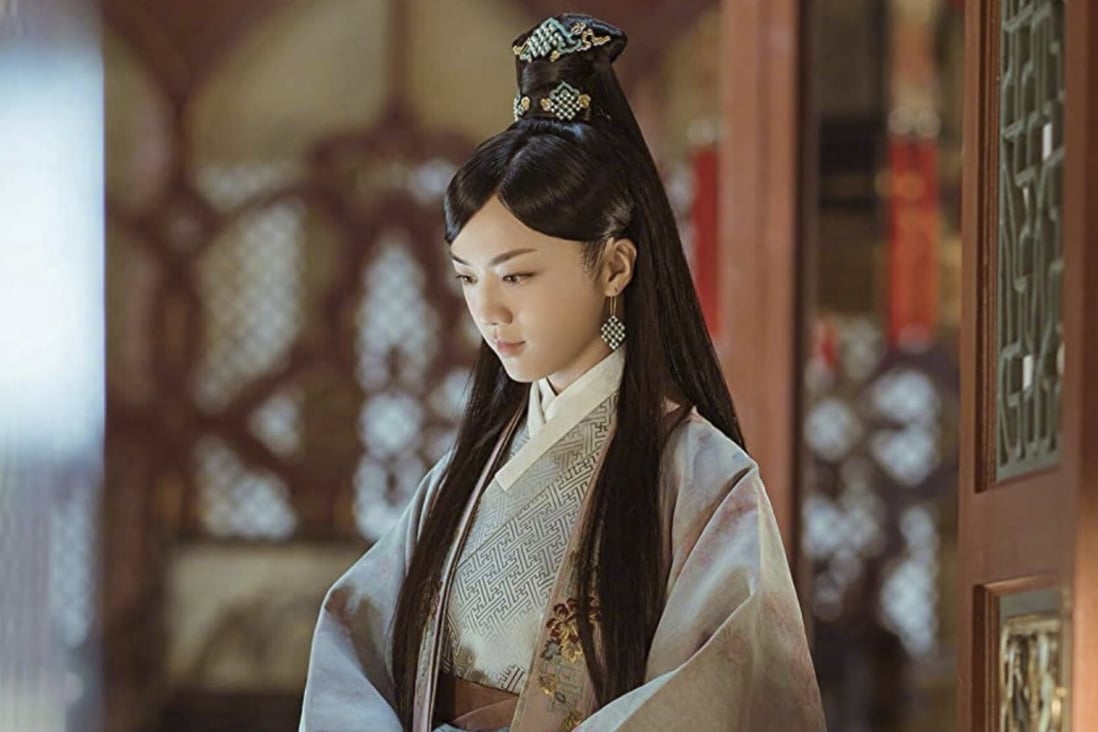
Many A-list Hollywood movie stars like Reese Witherspoon and Nicole Kidman have turned to the small screen in recent years and now this trend has caught on in China.
Chinese superstar Zhang Ziyi recently made her TV debut in the period drama Monarch Industry, which is still streaming on Chinese video hosting service Youku, while fellow Chinese actress Tang Wei (Lust, Caution) and Taiwanese actor Chang Chen (Crouching Tiger, Hidden Dragon) have both dabbled in television.
These movie stars are taking part in TV productions to stay relevant while the global movie industry is in decline, says Professor Emilie Yeh Yueh-yu, dean of the faculty of arts and director of the Centre for Film and Creative Industries at Lingnan University in Hong Kong.
“[That’s] especially [so] for actresses, whose showbiz career span is only half that of actors,” she says. “Audiences will forget you if no works starring you are released. The small screen is a good platform for them to continue to practise their art and craft.”
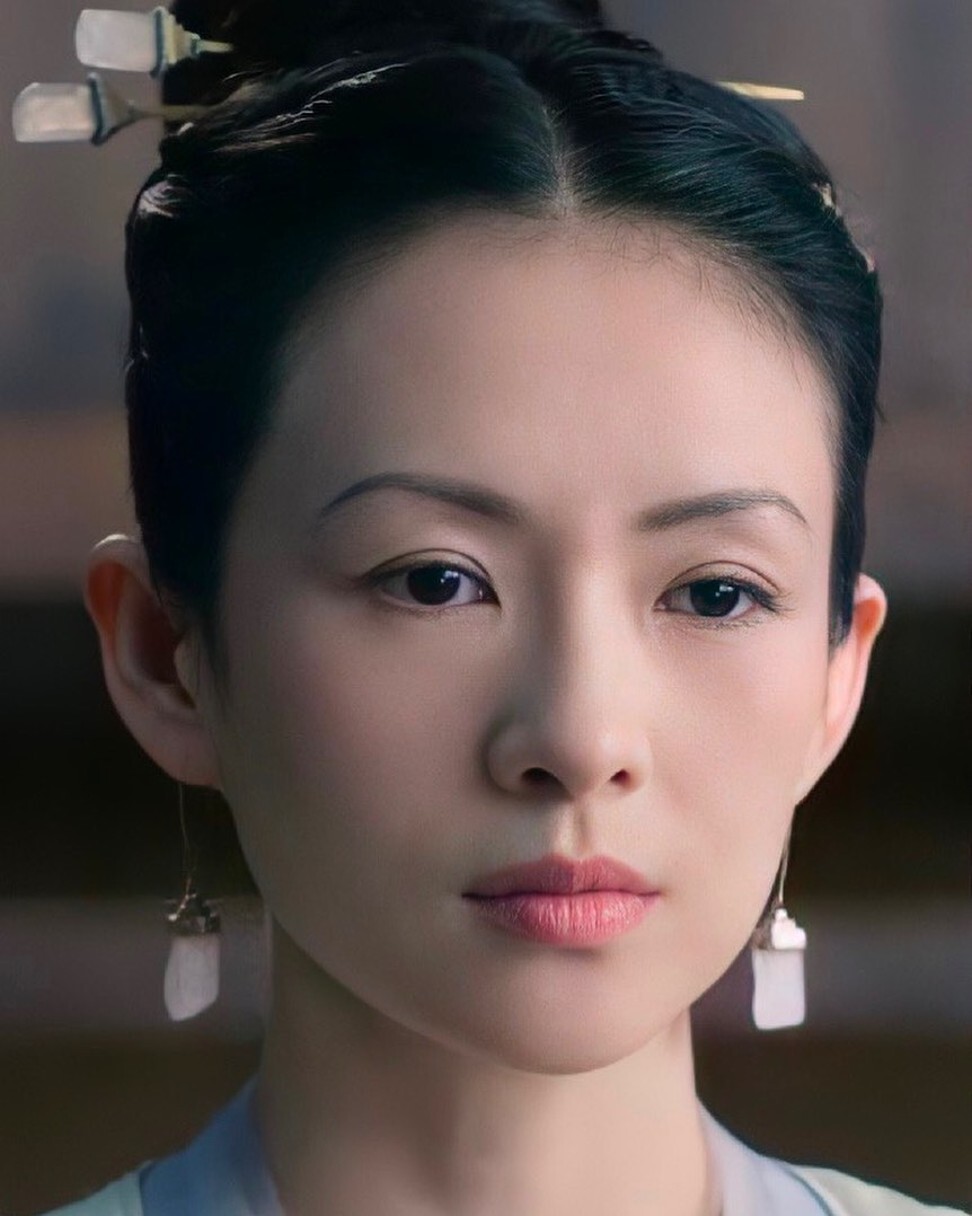
However, the path from big to small screen in China can be treacherous and even the biggest names can falter. Zhang, Tang and Chang, for instance, have all been universally panned for their TV performances.
Zhang was criticised for her unconvincing portrayal of a 15-year-old in the first few episodes of Monarch Industry, Tang for her bad acting in Ming Dynasty (2019), and Chang for his role in Love and Destiny (2019), his first TV drama, which bombed with both audience and critics. (Chang was reportedly paid 100 million yuan (US$15.5 million) for taking on the project.)
Can China encourage its people to have more babies?
Most of all, they all came under fire for looking too old for their roles. Critics pointed out that because it costs so much to bring big stars on board, they are often asked to play the younger versions of their characters when storylines flash back to earlier events.
Yeh says one reason why some Chinese movie stars fail to switch over to television successfully might be because the Chinese TV industry seems to focus on churning out formulaic period dramas, unlike Hollywood, which produces a wide range of quality genre works.
“Hollywood stars have good scripts to choose from, unlike stars in China who [have less choice so] make TV series [just] for money,” she says. “Period dramas might not be suitable for them. Take Tang Wei – she is like the Chinese version of Meg Ryan and is good at doing romantic comedies like the Finding Mr. Right series.”
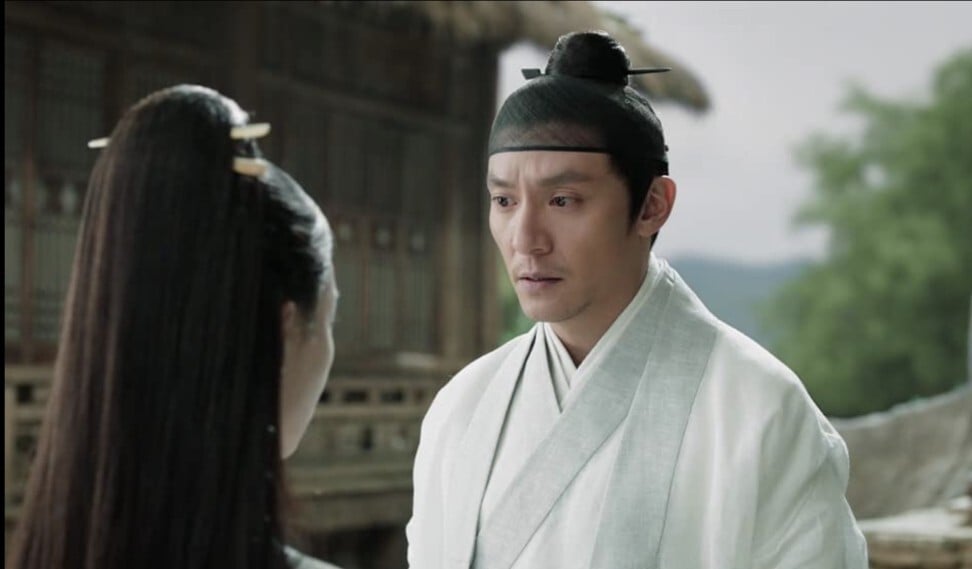
Some movie stars fail to grasp the different requirements of television and big-screen productions, says Wang Zizhi, founder of Chinese show business trade publication Heibaiwenyu.
“Moviemakers are like jade makers – there’s a lot of craftsmanship. TV makers are less so. Making a TV scene doesn’t need the extreme precision of movie scenes,” Wang says. “Also, a TV series requires much more time than a movie to make, which some movie stars struggle to adapt to.”
In spite of the poor critical reception Zhang, Tang and Chang received, the trend of movie stars appearing in TV series is certain to continue given that the coronavirus pandemic has led to both the closure of more than 2,000 cinemas in China and a huge boom in streaming.
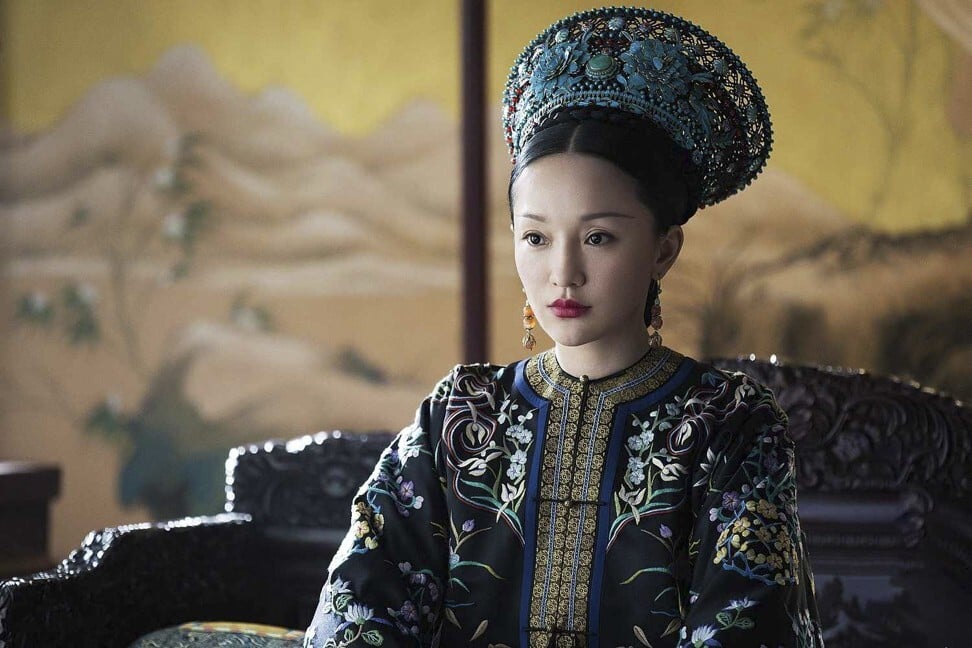
Even famous movie directors are jumping on the TV drama bandwagon.
Wong Kar-wai, who is directing Blossoms Shanghai (in production now), has generated a great amount of buzz with this his first foray into television. Zhang Yimou meanwhile, who has been making movies for 40 years, was also reported by Chinese media to be preparing for his first TV series.
Wang says the returns for TV productions are more predictable than those for movies.
“[In the Chinese market], a good movie doesn’t necessarily translate into good box office. There are many examples for that, whereas for TV series, there’s a stable buyers’ market made up of streaming platforms and terrestrial TV stations where good works usually attract a big audience and sell well.”
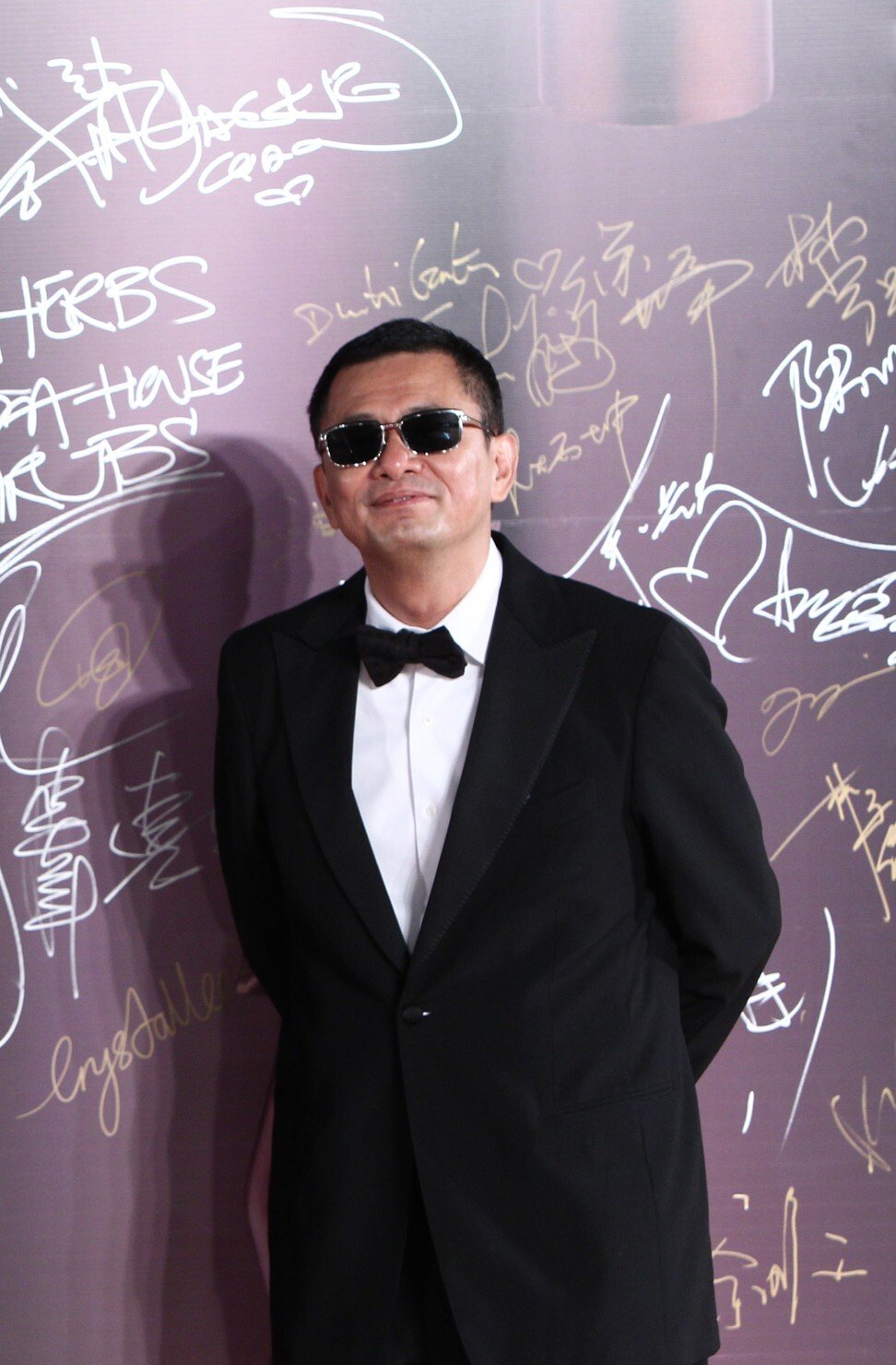
Wang says Chinese movie production companies, like the one Leap director Peter Chan Ho-sun heads, have set up specialist departments to make online TV series.
“The [critically acclaimed series] The Long Night is done by Chan’s company. Director Guan Hu [of The Eight Hundred fame] has also signed a contract with Tencent TV to make five online Candle in the Tomb TV series,” he says.
“For the movie market, since the pandemic began, investors are very cautious regarding big productions that cost more than 100 million yuan,” Wang adds. “Some producers approach me for contact with stars, but [the shift of resources towards TV is so significant that] stars’ agents prefer quality TV projects to movies when selecting work for them.”







